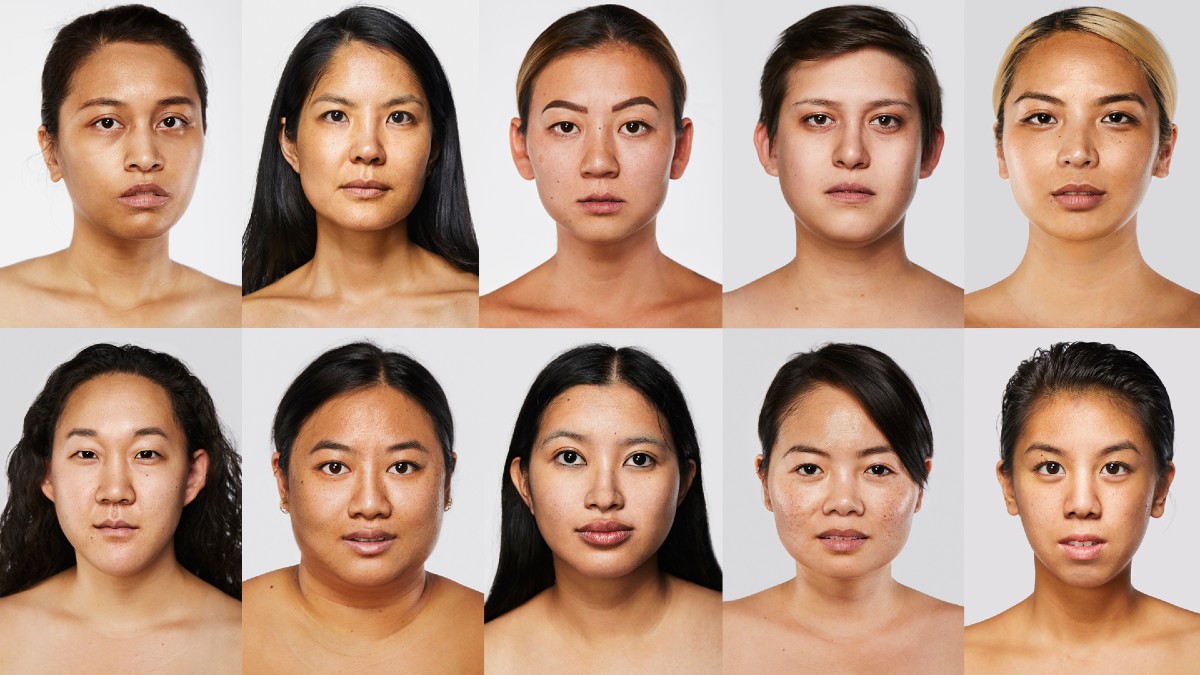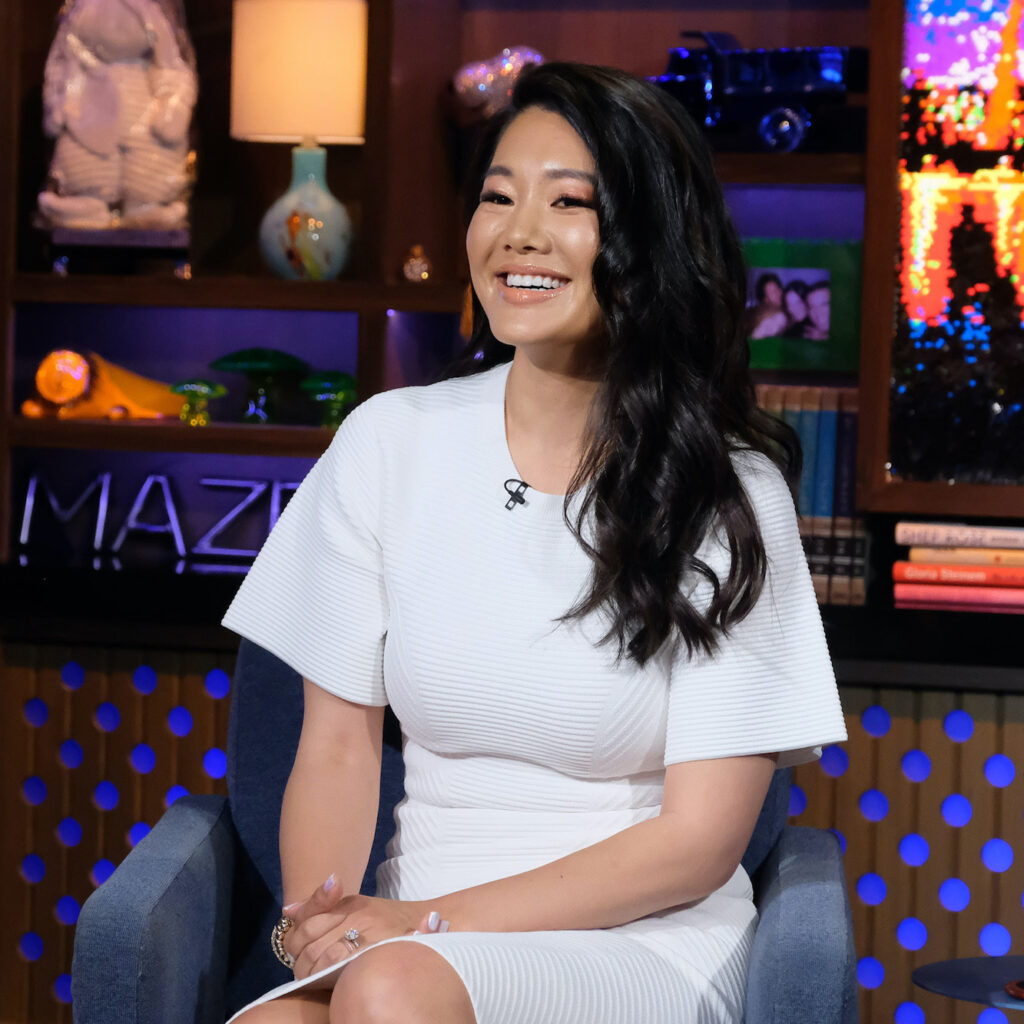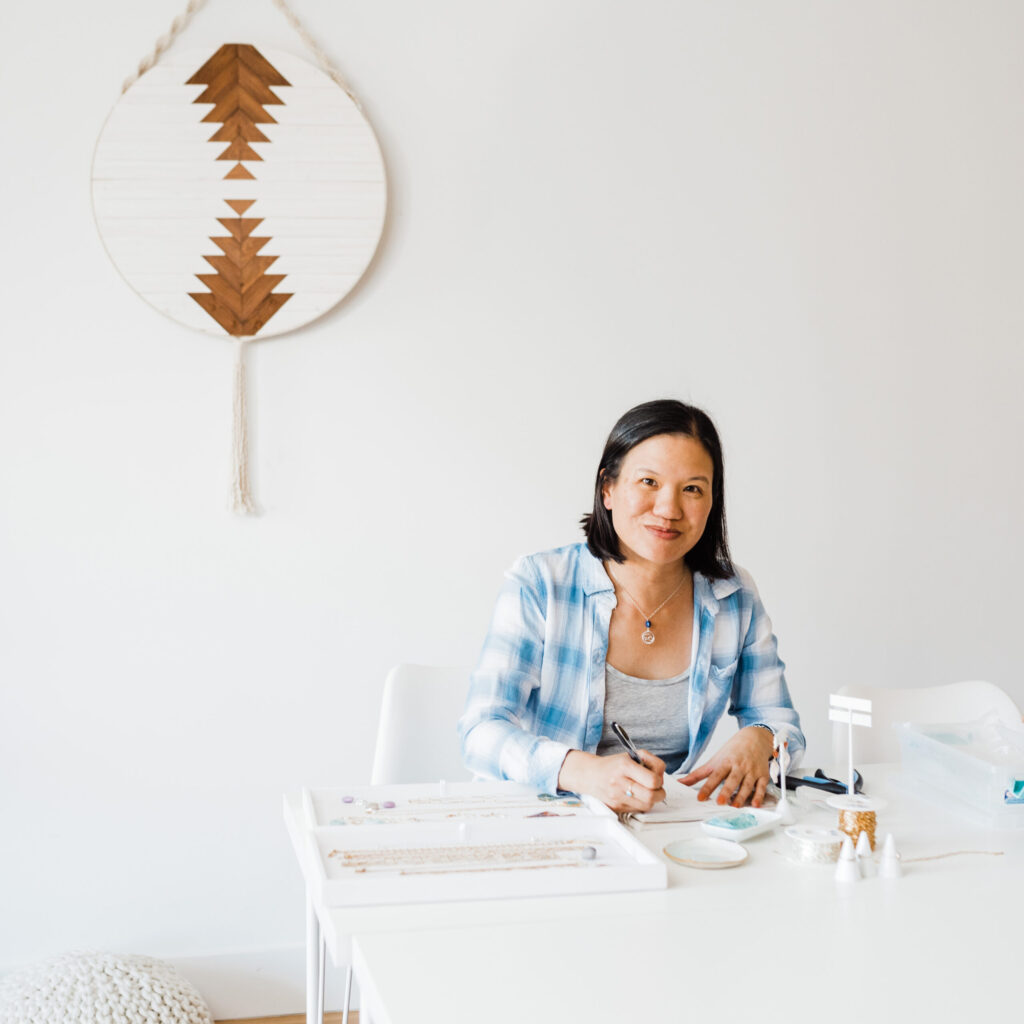Growing up Asian in North America has its complications. There’s a feeling of not being “Asian” enough, while simultaneously not being “American” or “Canadian” enough. Add in language barriers, drastically different upbringings than our North American peers and contrasting standards of beauty, all of which can lead to feelings of isolation and not being “enough.”
Diana King knows this experience all too well. The Chinese-American photographer, who is currently based in Nashville, always felt uncomfortable and insecure in how she looked and how she identified herself, as she didn’t fit into the conventional definition of beauty in Asian or American culture.
“No matter which side I tried to fit in[to], Asians and non-Asians questioned me from childhood to adulthood, [asking], ‘What are you?’, ‘Why is your last name King?’, ‘Why are you so curvaceous for an Asian,” King tells The RepresentASIAN Project.
In an attempt to explore Asian-American identity, King launched a photo and video essay called ‘Almost Asian, Almost American.’ Created in collaboration with The Cosmos, an intentional community for Asian women, and with help from The Cosmos co-founder, Karen Mok, the project aims to reckon with the way Asians are seen (passive, monolithic, foreign) and the way we see ourselves (multidimensional, complex, active, and deserving of home and belonging) by photographing 100 women ages 18-45 across the United States to capture the full spectrum of Asian identity.
“The ultimate purpose of this project is to help that little girl, teenager, or woman to see these stories and know that they’re not alone if they feel confused about how they look or how they identify themselves,” explains King. “I wanted to celebrate Asian beauty in a way that I’ve never seen myself represented and to show people who aren’t Asian that there is not one way to look Asian and to break the stereotype that ‘All Asians look alike’ — especially when you see all the faces together as a grid.”
King says she chose to feature women aged 18-45 to represent the target demographic for cosmetics brands, which she says did not accurately represent her skin colour growing up. So far, 11 Asian-American women have been interviewed and photographed bare-faced, makeup-free and without retouching.
“I think it’s more beautiful to see the natural authentic self that we rarely see nowadays on social media. It’s also easier to hide our insecurities with makeup, filters, and photoshop so it felt more powerful and raw to embrace the women’s looks for exactly who they are,” says King of this decision.
In their respective interviews, the women speak candidly about their experiences of growing up Asian in American, including the pressures of being fair and thin and feeling ashamed of having slanted eyes.
“Growing up, I was always praised for being so skinny…and then I was like ok, well, now I just have to be thin to be pretty,” said Loan Hoang, a 31-year-old Vietnamese-American.
“Growing up, my mom would always tell me to wear sunscreen, to not be tan and I was told that lighter skin is preferable. I grew up swimming and playing water polo so staying out of the sun was not an option. I was darker than other Chinese people I knew, so people always assumed I was Filipino. To this day, I still don’t feel ‘Chinese’ because of how I look,” said Valerie Kan, a 24-year-old Chinese-American.
“In kindergarten, I was teased for my slanted eyes and for wearing my purple plastic glasses — this was the first time I realized the concept of race and that I looked different than my mostly white classmates. In middle school, I was called a chink by a younger white classmate who also did child beauty contests. These experiences made me desperately want to try to assimilate to white culture in my childhood on top of the amount of pressure to fit in,” said Miriam Chan, a 32-year-old Filipinx & Chinese-American.
While the women photographed thus far are of mostly of East Asian descent, King hopes to photograph an even more diverse spectrum of Asian women, including any self-identifying women, femmes, gender non-conforming, queer, and transgender individuals of Asian, Pacific Islander, South Asian and mixed race descent.
“I’m learning so much as I put out this project. At first, I was just hoping that some women would like it and could relate to these stories and not feel so alone. Now, I really hope to photograph and interview more women so I can broaden the Asian-American experience because our experiences are so multi-layered and complex,” said King. “My hope is that these women’s experiences empowers our community to define our beauty and our identity on our terms.”
Participants can get involved with signing up on via this questionnaire form. King’s next COVID-safe photo shoot will be in Nashville, TN from July 11-12 and July 18-19. You can learn more about the project by following @almostasian_almostamerican on Instagram.










